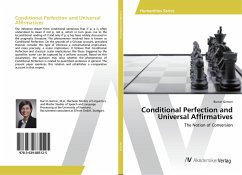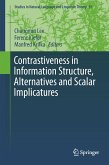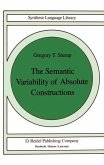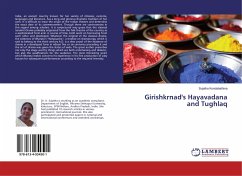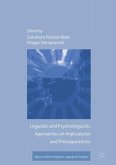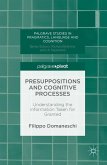The inference drawn from conditional sentences that if p, q is often understood to mean if not p, not q, which in turn gives rise to the biconditional reading of if and only if p, q has been widely discussed in the pragmatic literature. The phenomenon involved here is known as Conditional Perfection. On the grounds of a Gricean account, prevalent theories consider this type of inference a conversational implicature, and more precisely, a scalar implicature. It follows that Conditional Perfection and classical scalar implicatures like those triggered by the quantifier 'some' can be captured by a uniform account. Based on this assumption, the question may arise whether the phenomenon of Conditional Perfection is related to quantified sentences in general. The present paper examines this relation and establishes a comparative account in that respect.
Bitte wählen Sie Ihr Anliegen aus.
Rechnungen
Retourenschein anfordern
Bestellstatus
Storno

